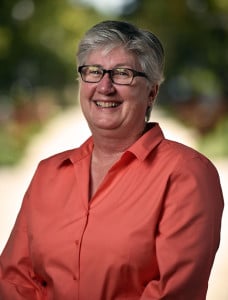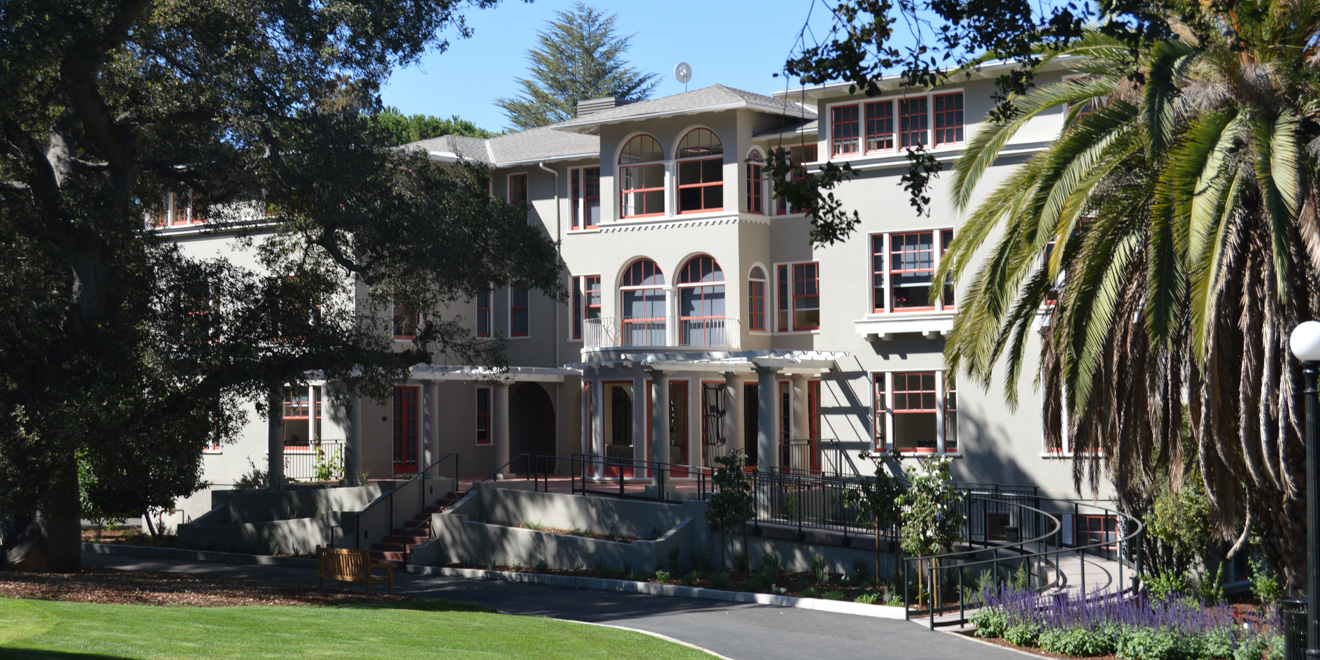Title IX Coordinator Cathy Glaze ’80 JD ’85 will retire in July after two years of working in Stanford’s Title IX Office and nearly 18 years of service at the University.
In a statement to The Daily, Glaze said that she originally planned to retire at the end of winter quarter, but has agreed to stay through July to help facilitate the onboarding process for her replacement. Following her departure, she will remain on board as an advisor to the Student Title IX Process.
Come July, Stanford will expand the position Glaze currently occupies. According to a LinkedIn job posting, Stanford seeks a “Title IX Coordinator and Director of Equity Investigations.”

“I have long felt that Stanford would benefit from having an office dedicated to investigations of all allegations of discrimination, whether from students, or staff, or faculty,” Glaze said. She added that the Office of Institutional Equity and Access had been considering the expansion and was “moving in that direction already.”
Glaze became interim Title IX Coordinator in the fall of 2016, following the abrupt departure of her predecessor, Catherine Criswell Spear. Spear’s 16-month tenure proved tumultuous: the Title IX Office’s investigation into sexual misconduct at Sigma Alpha Epsilon resulted in the fraternity losing its house, and Spear imposed a year-long travel ban on the Stanford Band that students widely criticized.
In early 2016, Glaze oversaw the pilot of the Stanford Student Title IX Investigation and Hearing Process, which is still in place and is used to investigate and adjudicate Stanford Title-IX claims in which the accused is a student. The pilot, rolled out under Glaze’s leadership, employs a three-person panel that must vote unanimously to determine whether a responding student is responsible — a more stringent standard than is typical at Stanford’s peer institutions. Adjudication procedures also operate on the “preponderance of the evidence” or “more likely than not” standard.
Under the process, both complainants and respondents can spend up to nine hours with Stanford-sponsored attorneys to attain advice on their case — an unusual resource compared to processes at peer institutions. The pilot emerged from a task force that the University convened in 2014; it replaced the former Alternate Review Process.
“Looking back on my time as Title IX Coordinator, I believe that being able to implement the Student Title IX Process has been the most rewarding for me,” Glaze said. “I am proud that we have a fair process and people dedicated to supporting all students through what is a very difficult time.”
But since its inception, the pilot process has drawn significant controversy, coming under fire from advocates both for complainants and for defendants. Criticisms have focused on topics ranging from Stanford’s definitions surrounding sexual misconduct to the limit on sponsored legal counsel hours, which some argue might push students toward less desirable, but faster, outcomes. Stanford administrators, on the other hand, have defended the process while noting it is a work in progress.
In a decision questioned by many students and faculty members, the University dismissed Crystal Riggins, one of the attorneys who counselled students, while citing her criticism of the pilot in a Dec. 2016 New York Times article. Riggins told The Times that the 3-0 rule makes it “very difficult” to find the accused responsible.
“I was terribly concerned … especially since this is a pilot process,” Stanford Law professor Deborah Rhode, who specializes in legal ethics, told The Daily at the time of Riggins’ dismissal. “The University should be welcoming criticism.”
Previously, Glaze served as both a sexual harassment advisor and associate dean for student affairs at the Stanford Law School. She was also chair of the Board of Judicial Affairs and an investigator for the Title IX Office.
Contact Claire Wang at clwang32 ‘at’ stanford.edu and Courtney Douglas at ccd4 ‘at’ stanford.edu.
A previous version of this article misnamed the Office of Institutional Equity and Access. The Daily regrets this error.
